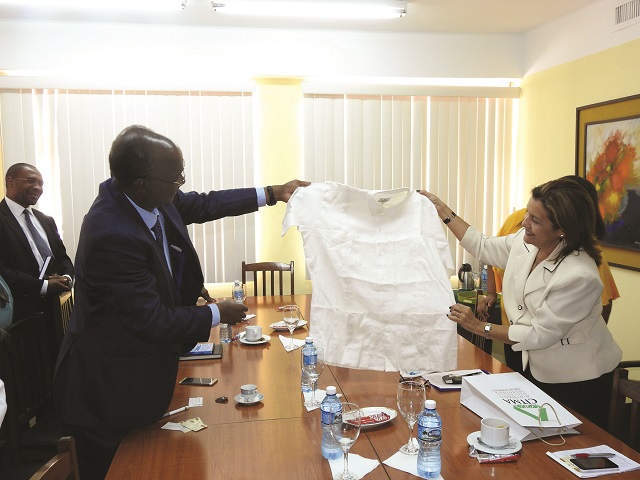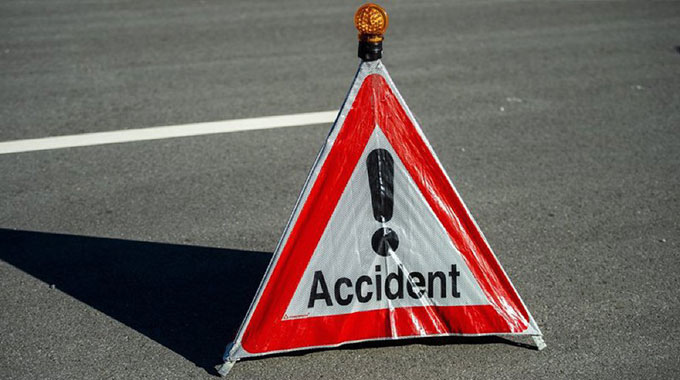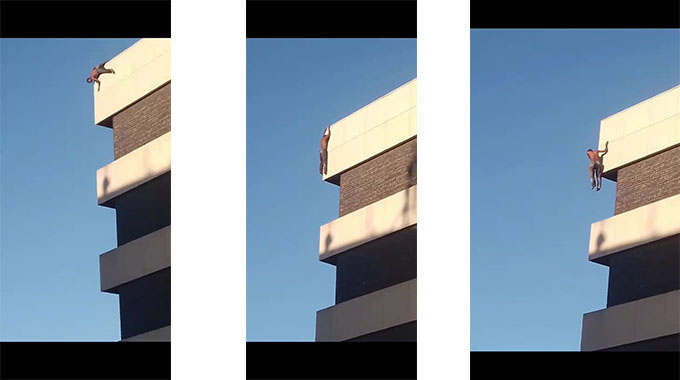African radiation experts meet

Leonard Ncube, Victoria Falls Reporter
AFRICAN countries including Zimbabwe are working on a policy that will govern the management of dangerous radioactive waste from nuclear products to ensure that the continent is safe from atomic waste.
Radiation experts from across the continent as well as representatives from the International Atomic Energy Agency and the Radiation Protection Authority of Zimbabwe are meeting in Victoria Falls to deliberate on the regional project document on radioactive waste management for the period 2018-2021.
The meeting comes a year after Government partnered the International Atomic Energy Agency (IAEA) to install security detection equipment at the country’s ports of entry to guard against smuggling of illicit nuclear materials.
In his official address at yesterday’s meeting, the Senior Principal Director, Implementation, Monitoring and Evaluation in the Office of the President and Cabinet, Mr Albert Chikondo said radioactive waste management infrastructure on the continent is at various stages of development.
He said Zimbabwe is prioritising the development of a national radioactive waste facility with funds that have already been set aside.
“Given the importance and contribution of nuclear science and technology for socio-development, it’s prudent that the concomitant radioactive waste generated is appropriately managed. Safe management of these radio waste materials require existence of adequate legislation, a regulator and adequately capacitated waste operator,” said Mr Chikondo.
He called for adequate technical skills to support radio waste management.
“The Government of Zimbabwe has prioritised development of a national radioactive waste facility for long term storage of radioactive waste and has allocated necessary funding. Zimbabwe remains committed to peaceful uses of nuclear applications for efficient and effective management of radioactive waste and enhance nuclear safety,” he said.
The radiation experts meeting, which started on Monday and ends on Friday, seeks to review status and accomplishments of the African Regional Cooperative Agreement for Research, Development and Training related to Nuclear Science and Technology (AFRA).
Last year in October, the Deputy Chief Secretary to the Office of President and Cabinet, Mr Justin Mupamhanga received the first consignment of three radio-nuclide identification devices to be used to detect and identify radioactive materials and 21 personal radiation detection gadgets.
The projects are spearheaded by the Office of the President and Cabinet with the help of other partners.
@ncubeleon










Comments